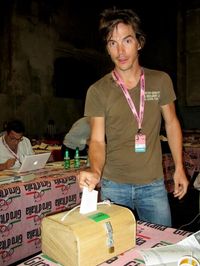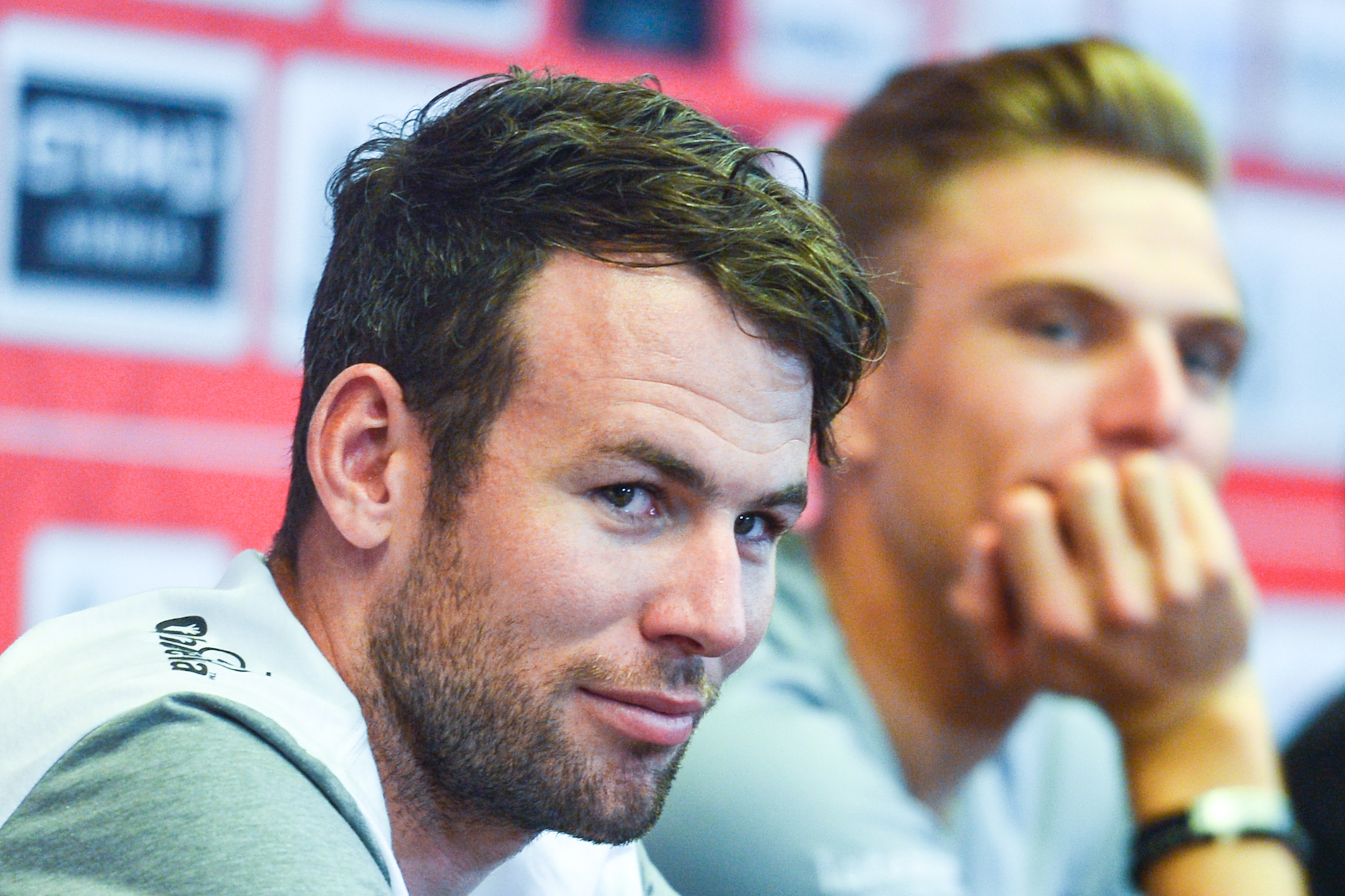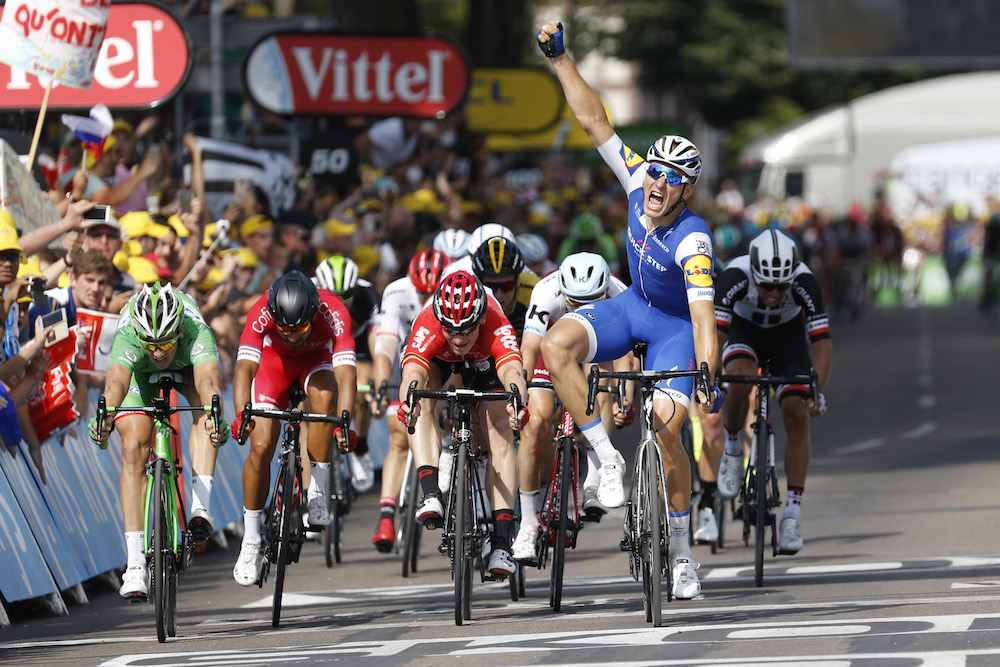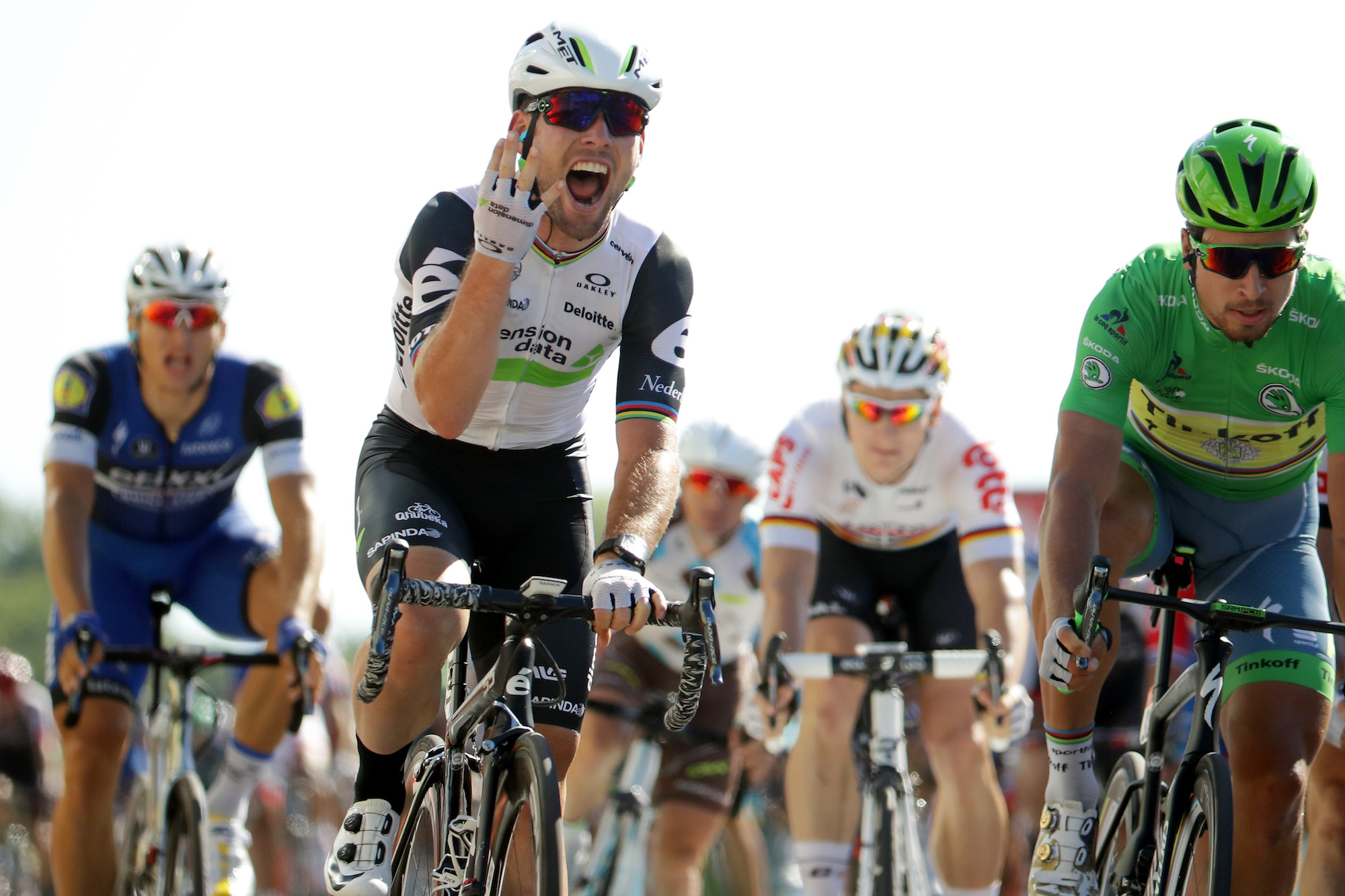'You miss the big sprinters' : How absence of Cavendish & Kittel has changed the Tour de France sprints
Riders give their views on how Tour de France sprints change without two of the race's best ever sprinters


Mark Cavendish and Marcel Kittel at the Abu Dhabi Tour 2017 (Photo by Artur Widak/NurPhoto)
The latest race content, interviews, features, reviews and expert buying guides, direct to your inbox!
You are now subscribed
Your newsletter sign-up was successful
After Mark Cavendish was excluded from the Dimension Data Tour de France roster and Marcel Kittel took indefinite leave from the sport, how have the race's sprints changed?
Riders at the Tour explain how the absence of Kittel, who won 14 stages, and Cavendish, with 30 stages, has affected the 2019 edition.
>>> We spoke to the person who took 'that' picture of Geraint Thomas' Tour de France crash
"It's not that much different because there are other sprint trains, but certainly, you lack these big important sprinters who are important to the cycling world. However, the Tour remains hard," Sonny Colbrelli (Bahrain-Merida) said.
"It's maybe more interesting because it's uncertain, before maybe you'd know that Cavendish was so strong and that he'd win. Now, there's uncertainty, there's Elia Viviani, Dylan Groenewegen, Caleb Ewan... Life always goes on."
Kittel raced with Katusha until this spring. The German, 31, will decide later if he will race again or not.

Dimension Data's boss Doug Ryder left Cavendish off the team even though performance director Rolf Aldag said he was more than ready to compete for sprints.
The latest race content, interviews, features, reviews and expert buying guides, direct to your inbox!
"The riders come and go, that's normal with age. The Tour de France stays," Peter Sagan (Bora-Hansgrohe) said.
"Like every year, we can see some new faces coming through."
Both Mike Teunissen (Jumbo-Visma) and Elia Viviani (Deceuninck-Quick Step) won their first Tour stages in sprints. Sagan and Groenewegen added more to their palmarès.
"I think the sprints are maybe less organised. When you have those big sprinters here, they also bring lead-outs so the sprinters are more controlled and less chaos," Michael Matthews (Sunweb) said.

"It's a totally different sprint really. Now it's really just messy and who every can get to the front at the right time has a really good shot. Yeah, it's a different style, not good or bad.
"Whether it's good or bad, we don't know, you can only race the guys who are in the race."
Everyone agreed, the Tour remains hard and success is difficult to come by regardless if Cavendish and Kittel race.
"It's significant, lacking different riders of that calibre, Kittel and Cavendish, you feel it a bit, but that difficulty and fatigue hasn't changed at all!" said Sagan's lead-out man, Daniel Oss.
"It's always the same work and level is still so high..
"The world keeps spinning, a new generation emerges. You mention those sprinters, but now there are others, completely new. Cycling keeps going. And nothing changes with the speed or the difficulty of these stages."
Gregor Brown is an experienced cycling journalist, based in Florence, Italy. He has covered races all over the world for over a decade - following the Giro, Tour de France, and every major race since 2006. His love of cycling began with freestyle and BMX, before the 1998 Tour de France led him to a deep appreciation of the road racing season.
